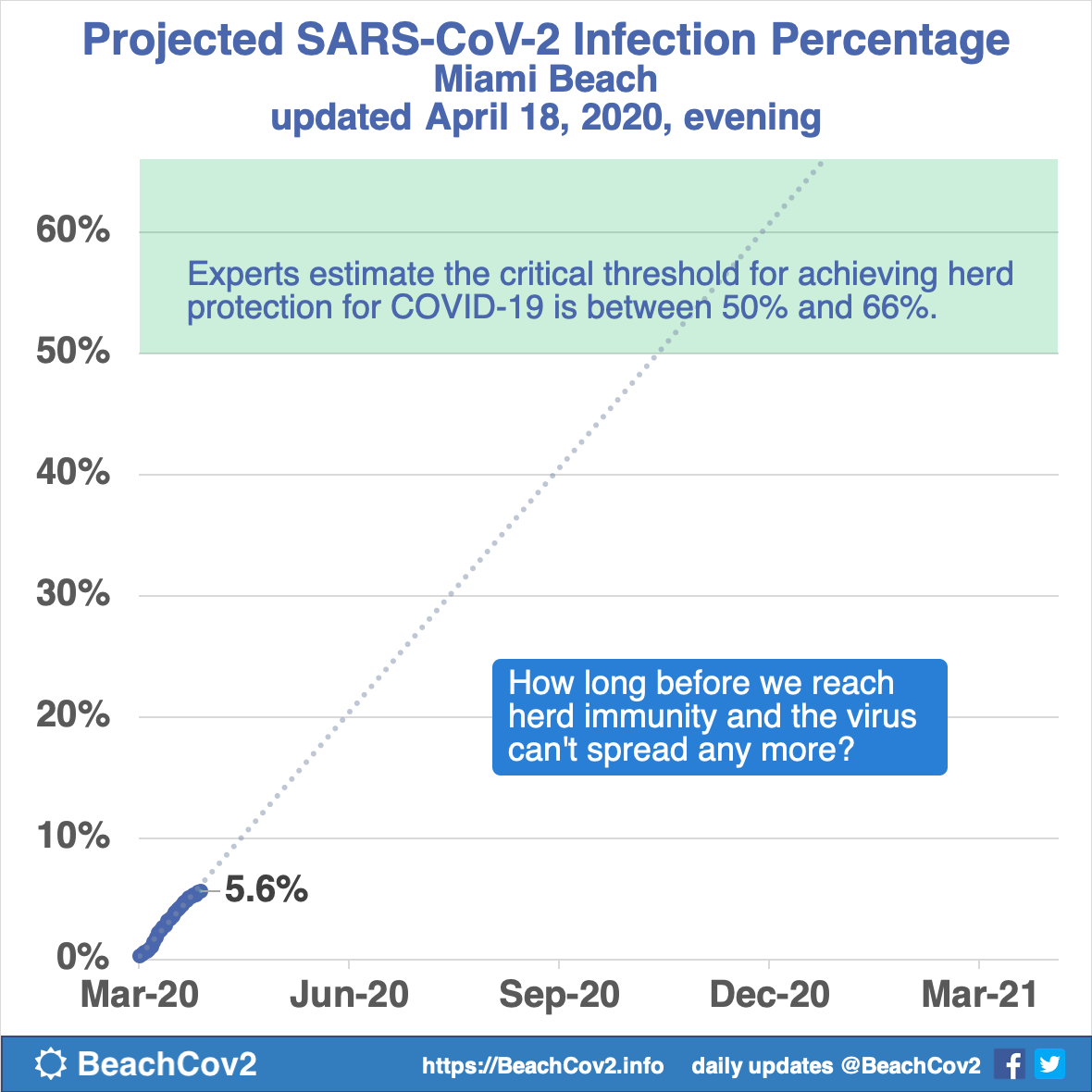Apr 18, 2020
updated Saturday Apr 25, 2020
Nearly a third of people in a town near Boston tested positive for antibodies
People stopped randomly in public for antibody tests showed a surprising infection proportion.
Researchers in Santa Clara County in California recently found about 2.5% to 4.2% of randomly-selected people tested positive for antibodies.[1] But their methods have been criticized because their sample may have been biased toward people who thought they might have been infected and were seeking a way to be tested.
A new study in Boston showed an even higher percentage of positive antibody tests, and from a better sample. Nearly a third of 200 blood samples taken from people in Chelsea, a town across the river from Boston, tested positive.[2] The researchers avoided bias toward people who wanted to be tested, by not announcing the sample collection in advance and randomly walking up to people in a town square and asking them to volunteer. The volunteers were not offered results.
Chelsea has been hit hard by the pandemic because of two factors.[3] It is one of the most dense places in Massachusetts. And it's also a working-class neighborhood, with residents working in essential sectors like food establishments and engaged with high levels of public interaction like healthcare and personal services.
Walking up to random people in public with no warning does avoid bias toward people who wanted to be tested. But it also had the effect of biasing the sample toward people who were walking around in public.
The big variation between the Santa Clara study and the Chelsea study show that we need many more studies like this to learn how widespread SARS-CoV-2 infections really are.
Until that starts to happen here, statistical methods are the best way that we have for estimating how widespread the virus is right now. Here’s the current best estimate, as of this writing:

References
- 1. Ng C, Abdelmalek DM. Antibody research indicates coronavirus may be far more widespread than known. ABC News; 17-April-2020 link (Accessed 2020-04-17 17:20)
- 2. Saltzman J. Nearly a third of 200 blood samples taken in Chelsea show exposure to coronavirus. The Boston Globe; 17-April-2020 link (Accessed 2020-04-18 19:20)
- 3. DeCosta-Klipa N. Why the city of Chelsea has been so hard hit by coronavirus. The Boston Globe; 10-April-2020 link (Accessed 2020-04-18 19:45)
Tags
Related
Antibody testing in California is roughly consistent with Beach Analytics estimates for Miami Beach.





